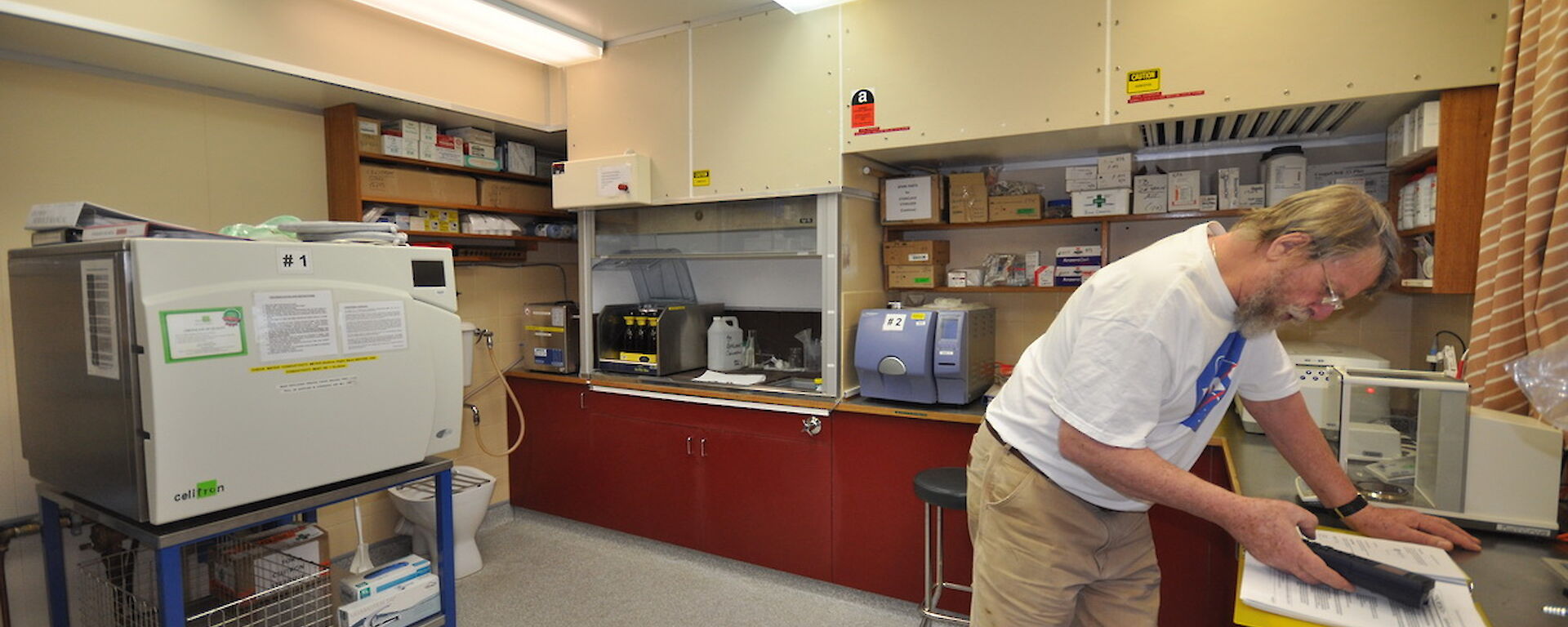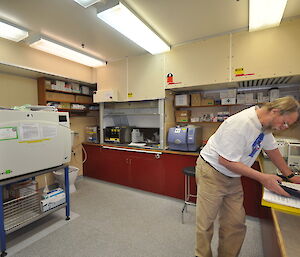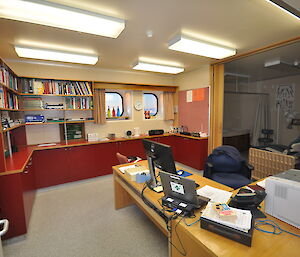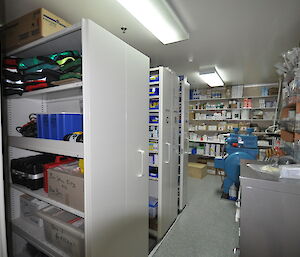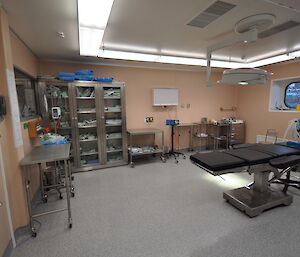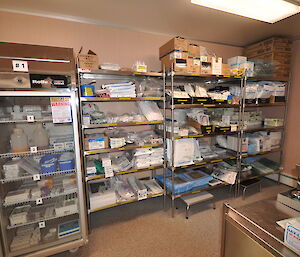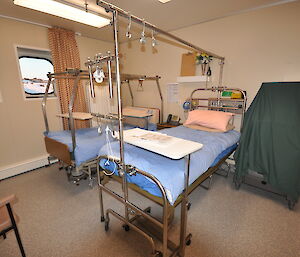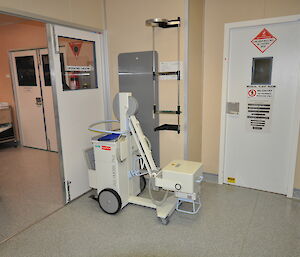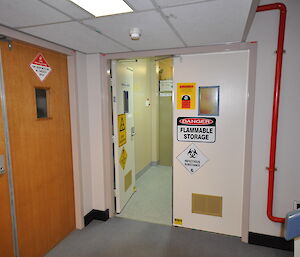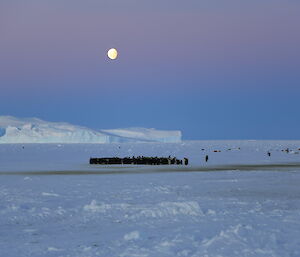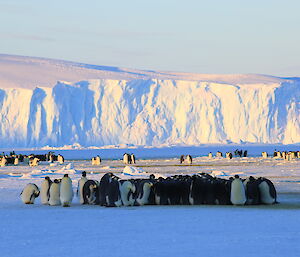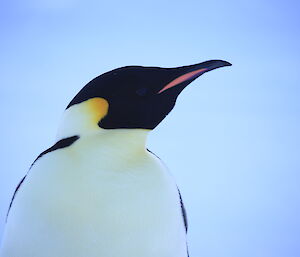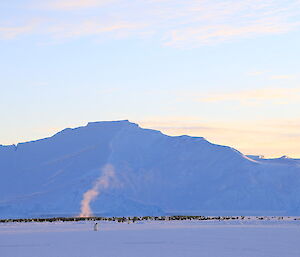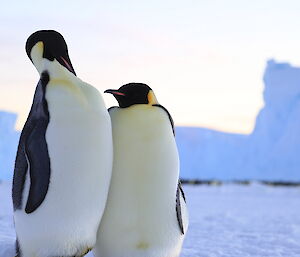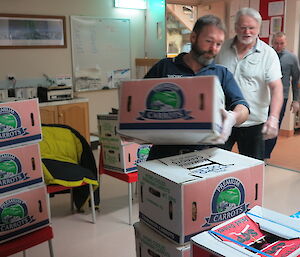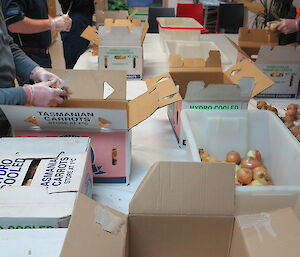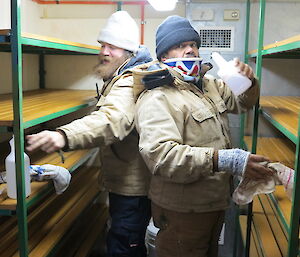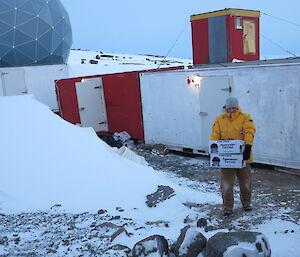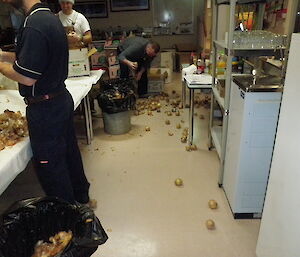First up, let’s get a little background on our favourite little buddy the onion. According to wikipedia, onions are cultivated and used around the world. As a foodstuff they are usually served cooked, as a vegetable or part of a prepared savory dish, but can also be eaten raw or used to make pickles or chutneys. They are pungent when chopped and contain certain chemical substances which irritate the eyes. Consumption is believed to benefit health in that onions contain phenolics and flavonoids that have potential anti-inflammatory, anti-cholesterol, anti-cancer and antioxidant properties.
Having travelled a fair bit, I have yet to find a culture that doesn’t embrace the Allium family as a fundamental ingredient in their food. I mean sure, of course there are many dishes out there that don’t have onions in them but can you go six months without eating them at all? Well here at Mawson we don’t want to have to test that one out. A few weeks ago, a technical-minded gremlin snuck into our onion store container outside and played with the electrics which in turn forced the heat in the container to rise well above decent storage conditions. It wasn’t until much later, at least ten days, that the increase in temperature was noticed. Let’s just say that it wasn’t the toasty hands that gave it away, more so, a complex heat on the nose.
Problems, or should I say, hurdles happen all the time in day to day living. Down here is no exception. The only difference is that should incidents not be managed well, consequences can render a product or service redundant. In the case of fresh food products such as onions, carrots and cabbage, not responding correctly to an incident such as this rapid temperature change would mean that the station would have to resort to frozen or reconstituted products as a alternative. Sure we can exist on the basics down here, but for the sake of good morale, fresh fruit and vegetables need to be well looked after.
Thanks to our hard working electricians, the cause of our dilemma was fixed. As for the boxes of fresh produce that needed sorting out and cleaning? Well that’s what friends are for. As a community, everybody on station set aside some time on Saturday morning to help with the cleanup. A team was dispatched to help with the cleaning and removal of onions, carrots and cabbage from the store outside while another team worked just as hard inside sorting, peeling and chopping the vegetables. Most of the stock was saved and has been put back into the store. It’s amazing just how long stuff lasts down here anyway. So with a good team spirit all is not lost and we can easily have onions every day until the ship arrives for resupply in February.

